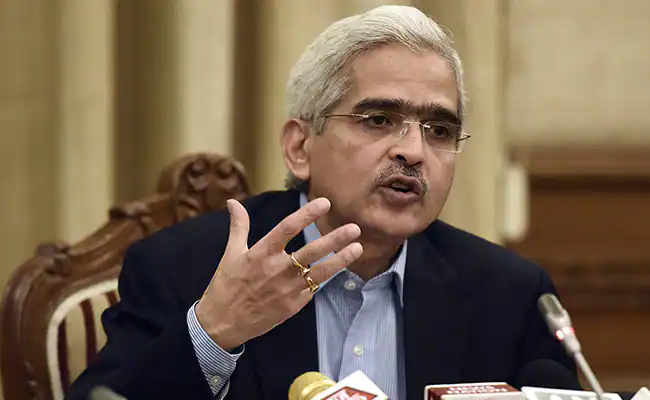Shaktikanta Das, the governor of the Reserve Bank of India, reaffirmed his skepticism of cryptocurrencies and revealed the country’s progress in developing its own digital currency.

India’s central bank governor, Shaktikanta Das, has reiterated his caution on the dangers of cryptocurrencies while also disclosing the country’s vision for its central bank digital currency (CBDC).
Speaking at the Mint BFSI Summit, Das said that the Reserve Bank of India (RBI) remains unchanged in its stance on crypto assets, regardless of global developments such as the U.S. approval of bitcoin ETFs. He also expressed his concerns about the impact of crypto adoption on both emerging and advanced economies and the challenges of regulating this nascent industry.
Crypto Frenzy vs. Economic Stability
Das compared the current crypto craze to the historical “Tulip mania,” a speculative bubble that occurred in the 17th century in the Netherlands, where the prices of tulip bulbs soared to absurd levels and then collapsed.
He said that he doubts that the world and emerging markets can handle such a frenzy with cryptocurrencies, which he believes have no intrinsic value and pose threats to economic stability.
He also cited an International Monetary Fund (IMF) paper from October 2023, which suggested that countries may need to impose additional restrictions on cryptocurrencies to preserve financial stability. He said the RBI shares the same view and will continue monitoring the crypto space closely.
CBDC Progress and Potential
While being wary of cryptocurrencies, Das also revealed the country’s progress on developing its own CBDC, which he said is a priority for the RBI. He said that the RBI is exploring the possibility of expanding the scope of wholesale CBDC, which is meant for interbank transactions, and also investigating the programmable features of retail CBDC, which is meant for general public use.
He said that the programmable CBDC would allow the sender to specify the end use of the digital currency, which could enhance transparency and efficiency.
He also said that the RBI has successfully implemented a pilot project of CBDC for domestic transactions, which helped the central bank achieve its target of one million daily transactions by the end of 2023.
He added that the RBI and the National Payments Council of India are in discussions with several countries to adopt India’s Unified Payments Interface, a real-time payment system, for cross-border transactions. He said that these initiatives reflect India’s commitment to shaping the future of digital finance.
